May 16, 2024 | 20:25 GMT +7
May 16, 2024 | 20:25 GMT +7
Hotline: 0913.378.918
May 16, 2024 | 20:25 GMT +7
Hotline: 0913.378.918
Attendees at the Forum on "Research and Innovation for Increased Environmental Sustainability, Low-Emission Agriculture, Climate Change Adaptation and Mitigation" emphasized the importance of international partners' assistance and effective collaboration between relevant parties in order to advance science, technology, and innovation in agriculture.
The Consortium of International Agricultural Research Centers (CGIAR), The International Livestock Research Institute (ILRI), and The International Center for Tropical Agriculture (CIAT), among others, have performed a number of significant projects and activities in Vietnam during the past several years. From there, agriculture has gathered valuable lessons and practices in innovation, and adoption of science and technology at many scales, including smart agriculture, low-carbon agriculture in the direction of sustainability, and climate change adaptation.
Dr. Stephan Weise, Asia Managing Director of Alliance for Biodiversity International and CIAT, reported that Vietnam has adopted and scaled up CGIAR's innovative research in several fields, including rice cultivation, plant production, livestock production, and aquaculture, with several positive outcomes. The applications of science, technology, and innovation conducted by CGIAR in partnership with key partners in Vietnam have contributed to the greening and sustainability of Vietnam's agricultural production system.
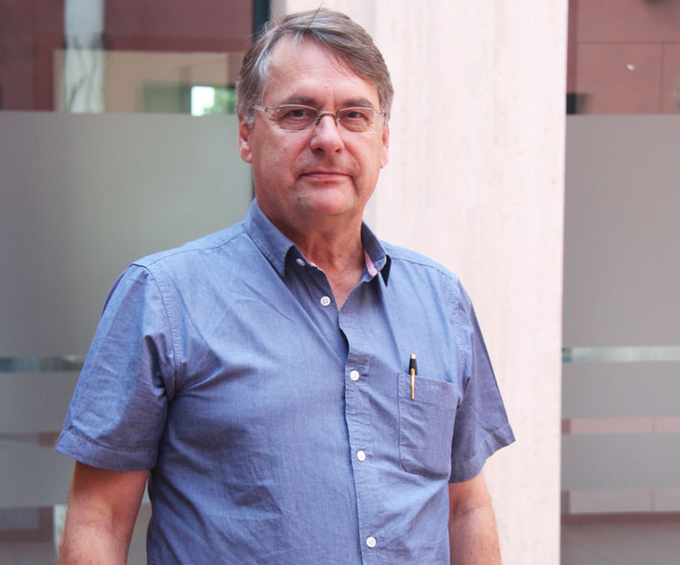
Dr. Stephan Weise, Asia Managing Director of Alliance for Biodiversity International and CIAT.
Within the scope of the cooperation with CGIAR, Vietnam is implementing a number of measures to improve resilience, productivity, and greenhouse gas emissions. In the rice field, the advent of machinery like field levelers, combine harvesters, and rice dryers have helped farmers cut post-harvest losses by billions of dong. In addition, boosting the efficiency with which agricultural inputs and resources are utilized by means of accurate planting. Climate-Smart Mapping and Adaptation Planning (CS-MAP) has helped reduce rice output loss on over 600,000 hectares.
In the fisheries industry, climate-adaptive aquaculture methods are established and widely used. Particularly, integrating agriculture and aquaculture and planning the extent of flooded forest land, utilizing a digital platform to determine the amount of animal feed, and so minimizing animal feed waste and greenhouse gas emissions.
Mr. Mai Van Trinh, Director of the Institute of Agricultural Environment, praised CGIAR's engagement in actively advancing climate change mitigation and adaptation research and development in Vietnam. As a result of their approach, CGIAR centers provide effective socioeconomic and environmental advising to localities for the development of strategies and the selection of technology for emission reduction.
According to Mr. Trinh, however, it is necessary to further promote cooperation between CGIAR and domestic research units, as well as consult local research organizations and production directing units in order to deploy in accordance with the practice conditions, crops, and farming methods of each region.
"Many industrial industries have adopted measures for reducing greenhouse gas emissions. However, when employed on a broad scale, a more accurate methodology and execution are required to ensure the conditions for investment and oversight in each individual area, such as animal husbandry, fisheries, and agriculture ", stated Mr. Trinh.
Mr. Phung Van Khoa, Vice Director of the University of Forestry, stated that sustainable agricultural growth, forestry, and forest vegetation preservation are parallel processes that mutually benefit one another. The benefits of forests on climate regulation, water regulation, soil protection, and erosion management are substantial. Consequently, if agriculture is the backbone of the economy, then forest management is the pillar of agriculture.
Forest scientists in Vietnam have rapid access to the most cutting-edge technologies in the world, allowing them to use and develop products with ever-increasing scientific content in support of successful forestry output.
In production, several new types of forest trees with high yields and excellent quality have been selected, produced, and developed. Technical breakthroughs in forest intensification, sustainable forest management, exploitation, preservation, and processing of wood and non-timber forest products have been implemented in production and have produced tangible results.
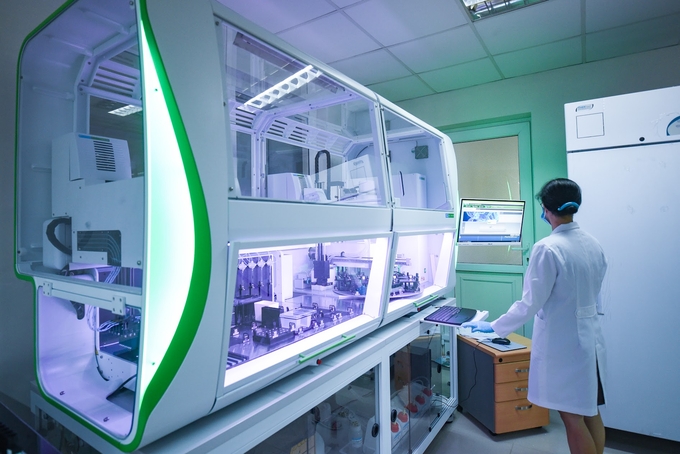
Forest scientists in Vietnam have quick access to advanced technology in the world to apply and create products with increasingly high scientific content. Photo: Tung Dinh.
Mr. Khoa underlined during the event the need of constructing a sustainable agricultural system beneath the forest canopy and adopting the economic model under the forest canopy. According to a representative of the Forestry University, the construction of this system can incorporate all the expectations and benefits of environmentally friendly agriculture, in which the use of fertilizers and chemical plant protection agents is limited due to the dispersion of pests and the use of natural enemies. The method of farming under the forest canopy can assure the high quality of timber forest products or agricultural goods grew under the forest canopy, especially in terms of quality.
According to Mr. Khoa, in addition to piloting the farming system beneath the protective forest canopy, the model must be expanded to production forests since this is a good farming system with great potential. Mr. Khoa also advocated expanding the weather warning model for the forestry industry. This system's application for forest fire early warning and forecasting functions routinely and continuously over the long term.
A representative of the Vietnam Administration of Forestry, concurring with Mr. Khoa's perspective, requested that CGIAR offer priority assistance to forestry research when the forestry industry assumed a significant role in efforts to reduce carbon emissions.
"The EU advocates for a ban on all deforestation-related imports. Support from foreign partners in technical and policy research is required to execute an approach to commodity production that does not result in deforestation, hence generating advantageous conditions for private sector exports to the EU," the representative stated.
Translated by Linh Linh
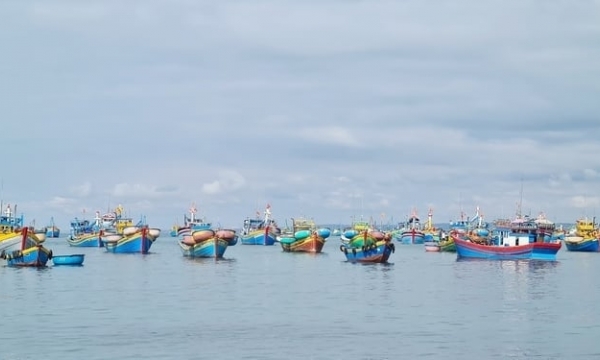
(VAN) Failure to impose strict penalties on VMS regulatory violations among fishing vessels can negatively affect the removal of EC's IUU 'yellow card' in 2024.
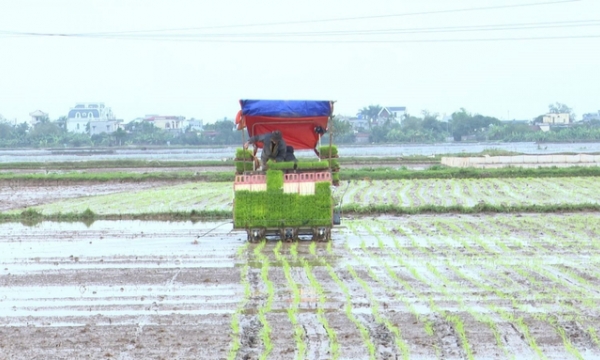
(VAN) On May 15, Deputy Minister of Agriculture and Rural Development Nguyen Quoc Tri received and talked to the Director-General of the Global Green Growth Institute (GGGI) Frank Rijsberman.
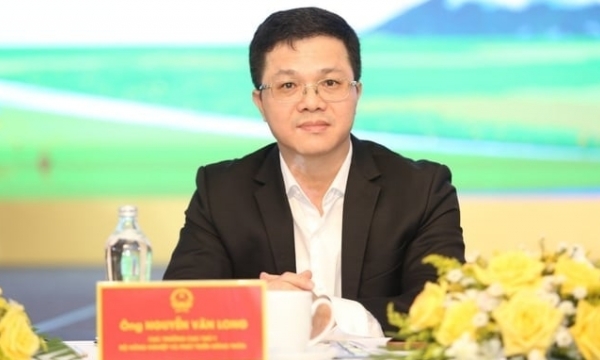
(VAN) The Ministry of Agriculture and Rural Development, Tay Ninh Provincial People's Committee, Royal De Heus, and Hung Nhon Group are finalizing preparations for the announcement of Tay Ninh province as a disease-free zone.
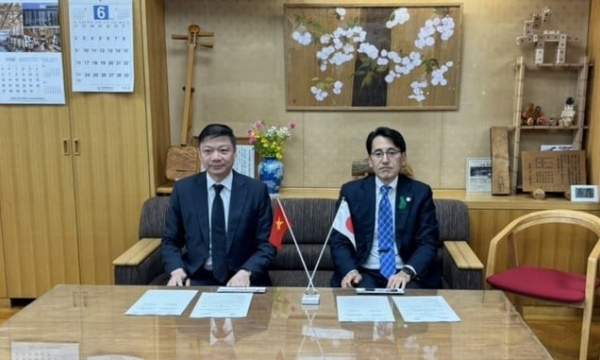
(VAN) On May 14, Department of Forestry, MARD of Vietnam, and Department of Forestry, Ministry of Agriculture, Forestry and Fisheries of Japan signed a Memorandum of Understanding on bilateral cooperation in the Forestry sector.
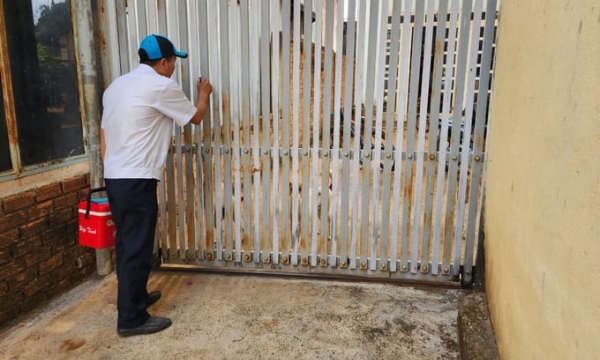
(VAN) Dak Lak accelerates rabies vaccination for dogs and cats but faces challenges due to non-cooperation from pet owners.
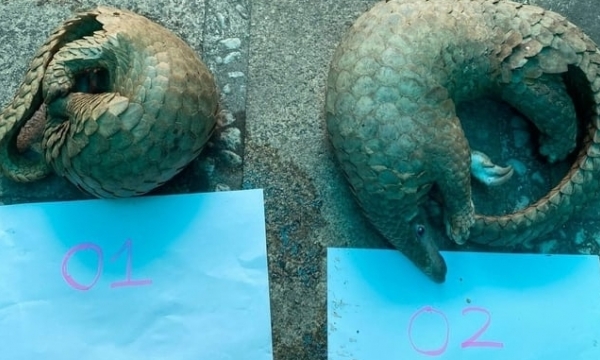
(VAN) 2 individuals involved in the buying and selling of two Java pangolins - an endangered species - were caught red-handed and handled by authorities.
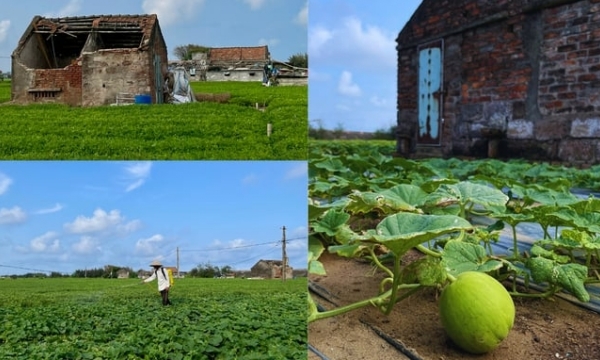
(VAN) On the coast of Thinh Long (Hai Hau, Nam Dinh) there exists a fishing village with dilapidated houses, shabby tiled roofs, with no people living...